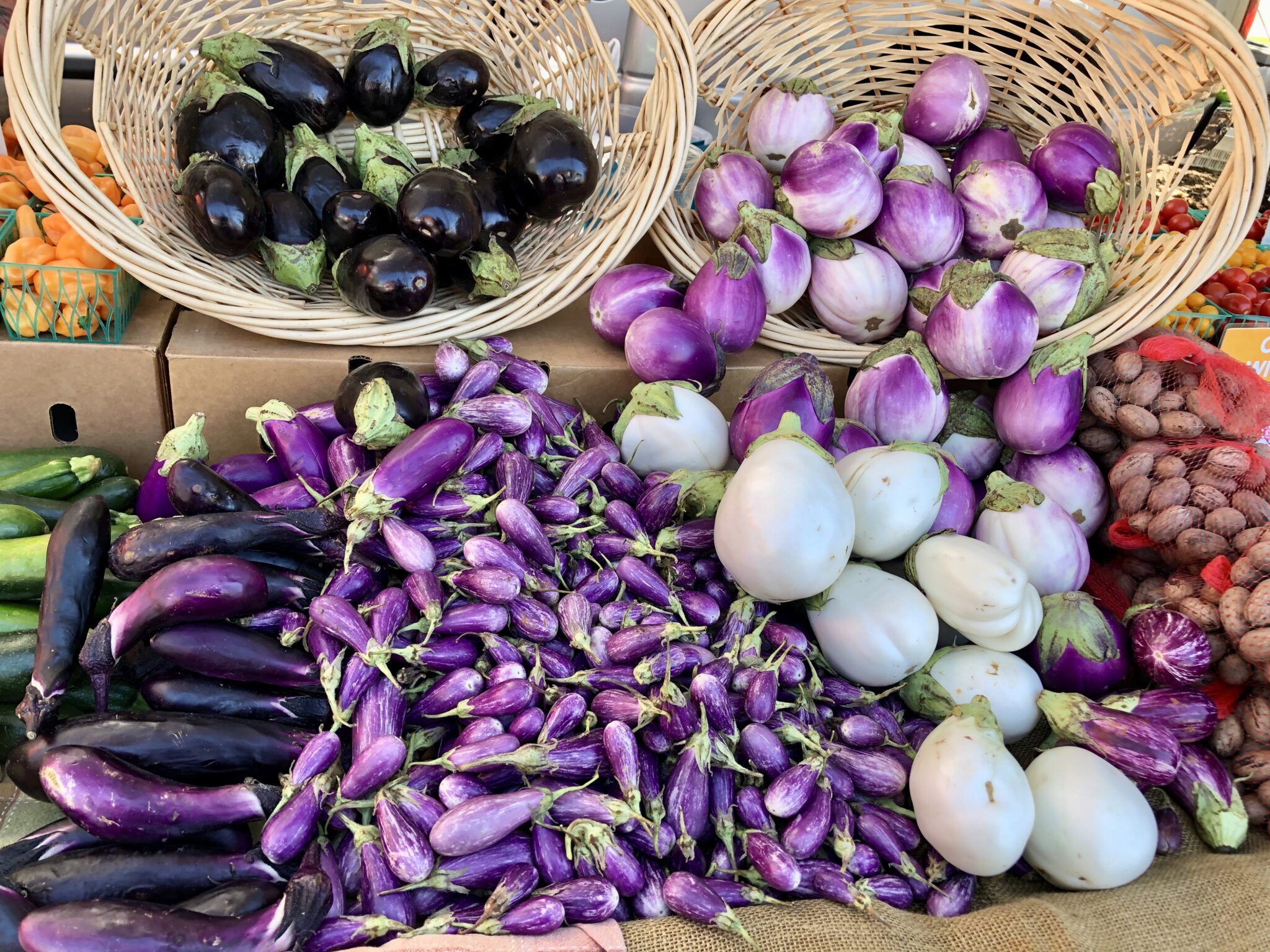The meals you eat each day make a huge impact in your well being, in addition to the well being of the planet. I’m answering your high questions on how your decisions can help meals sustainability on this Ask Sharon weblog immediately.

Selecting meals which might be extra environmentally pleasant is a high client pattern. Surveys have proven that 59% of shoppers take into account sustainability once they make meals decisions. Certainly, the meals system makes important impacts on the planet, together with fossil gas consumption, carbon emissions, air pollution, eutrophication, land utilization, and water utilization. And the alternatives you make 3 times a day can considerably influence your environmental footprint. However how do you prioritize meals sustainability together with your meals {dollars}? In the present day, I’m answering your high vitamin questions on how to decide on sustainable meals each day. Take a look at Meals + Planet, the nonprofit group I co-founded to study extra about meals sustainability, and browse this weblog on reducing your environmental footprint by weight-reduction plan.
Query: How Can I Make Decisions That Help Meals Sustainability?
Sharon’s Reply:
Making extra sustainable meals decisions is a crucial aim. Probably the most highly effective issues you are able to do to minimize your influence on the planet is to alter your consuming type. Previously fifty years, the meals system has modified vastly, as farms have gotten larger and extra specialised, utilizing extra chemical substances and fossil fuels to supply meals, and leading to higher lack of biodiversity and wildlife, in addition to higher unfavorable impacts on soil, water, and air. Take a look at this interview on how fashionable agriculture has modified. Listed here are a couple of of my ideas for making extra sustainable meals decisions within the grocery store aisle, plus a few of my favourite planet-friendly recipes.

1. Keep away from Extremely Processed Meals
If a meals product has been by many steps in manufacturing, with a lot of substances coming from all corners of the world, the carbon footprint is larger for that product, because of touring, manufacturing, and distribution. Suppose a vitamin bar with an extended record of substances vs. a handful of nuts, which got here from one supply with minimal processing.

2. Select Nutritious Meals
Nutrient-rich meals are extra sustainable as a result of they use sources—water, farm inputs, soil—properly to supply meals that contribute to good well being. These meals embrace complete grains, greens, fruit, pulses (beans, lentils, peas), nuts, and seeds. Nevertheless, utilizing these valuable sources to supply meals with poor dietary high quality is just not sustainable (i.e., sugary soda, chips, sweet), since you squander sources that might have been used to supply meals that nourish the physique. Moreover, these low nutrient meals are linked with well being dangers.

3. Steadiness Energy.
This is without doubt one of the most critical sustainability points, as a result of producing meals to be consumed in extra of the energy we’d like wastes sources. America produces much more energy in our meals provide than we’d like for each day subsistence. On the similar time about 13% of People are meals insecure, and about 13% of People dwell in meals deserts, the place healthful meals usually are not out there. Being conscious of our meals consumption is a crucial step in direction of making higher decisions.
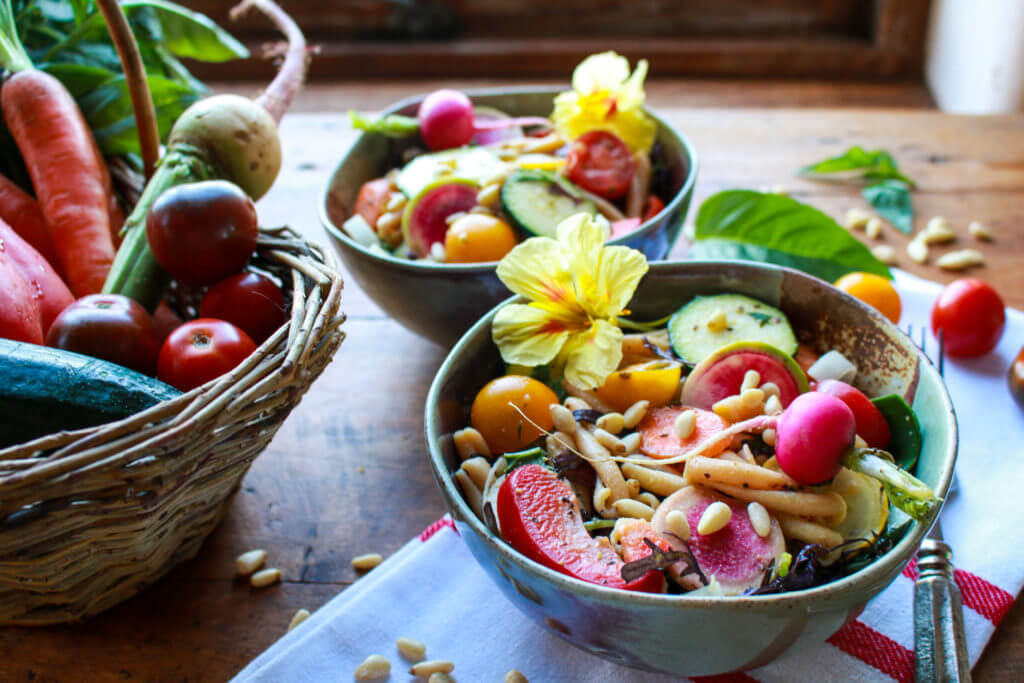
4. Keep away from Buying Recent Meals Out of Season
Meals that journey lengthy distances usually are not usually sustainable. While you buy fruits within the winter from far-off international locations which might be flown in by air, the environmental influence is excessive. Nevertheless, needless to say some locations are extra environment friendly at rising issues even when they’re a bit farther away. For instance, California’s local weather could make some produce a extra sustainable choice than shopping for produce that was grown in a heated greenhouse in chilly areas. Your greatest wager is to comply with the seasons in your meals decisions and eat extra domestically.
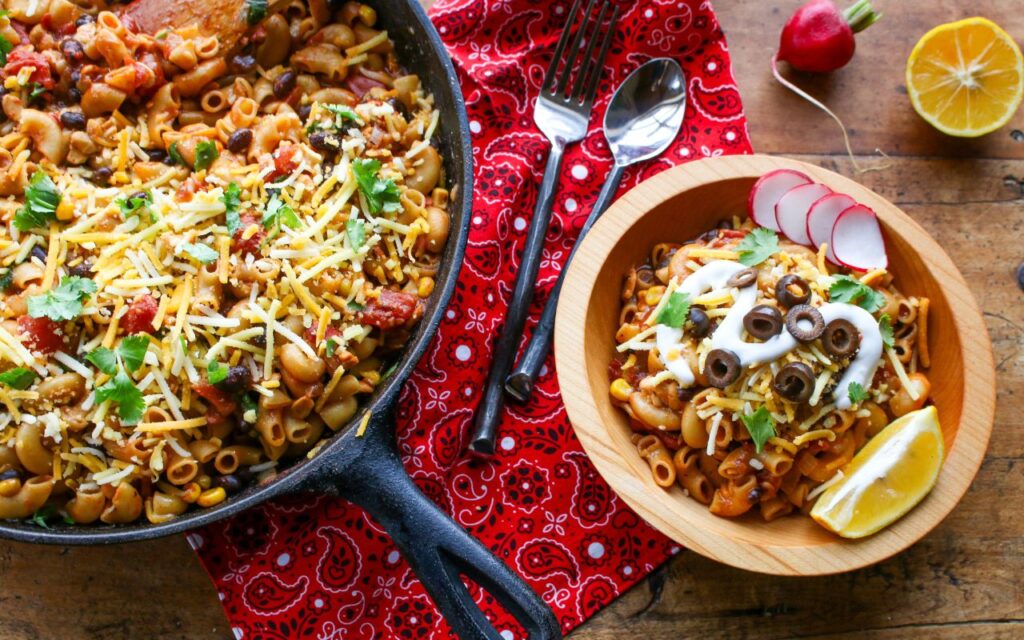
5. Use Preserved Meals within the Off Season
Preserved meals which might be flippantly processed, reminiscent of canned, dried, and frozen, are extra sustainable choices in the course of the off season, in comparison with produce that’s grown in heated greenhouses or shipped in from far-off locations (air transport is the worst). Preservation of meals is a observe that people have been following by the eons as a method of survival.

6. Contemplate Natural Meals
Natural meals rules considerably restrict the artificial pesticides that can be utilized in crop manufacturing, they usually help extra sustainable soil practices, reminiscent of using cowl crops, composting, and manures. In the event you can afford natural meals purchases—particularly for produce—you could wish to prioritize it. Be taught extra about natural meals right here.
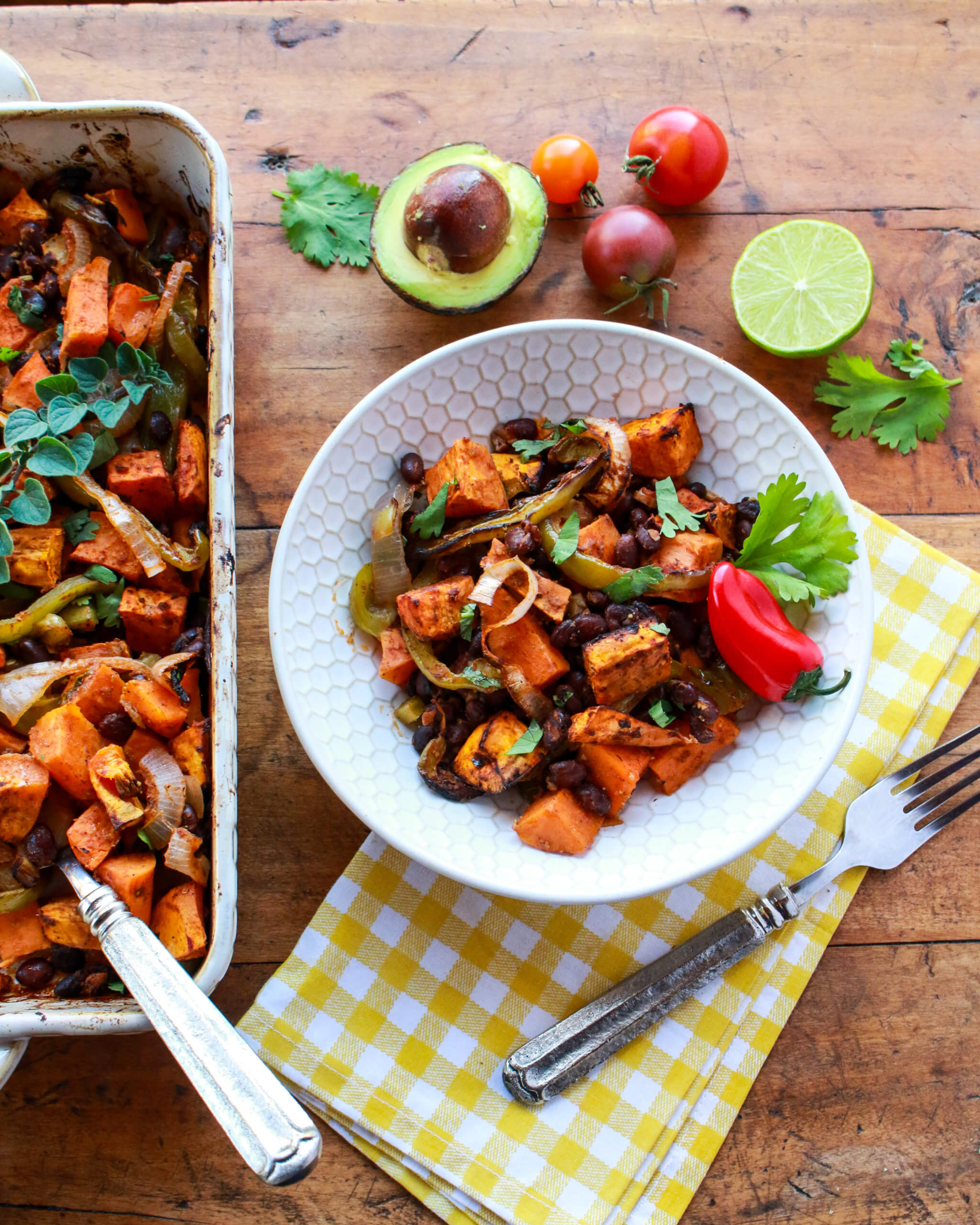
7. Cut back Meals Packaging
The packages (cereal packing containers, clam shells, particular person cups) could make a huge effect on sustainability, as packaging fills up landfills. Choose minimally processed complete meals with little packaging as your greatest wager. In any case, a banana and a candy potato have pure packaging.

8. Trim Meals Waste
This can be a important think about sustainability, as a result of about 40% of all meals produced within the U.S. isn’t eaten. Sadly, we use huge sources—soil, water, fossil fuels, crop inputs—to supply meals that’s by no means eaten. Meals waste primarily happens on the client stage, the place individuals could make a distinction. Be taught extra about how one can trim meals waste right here.
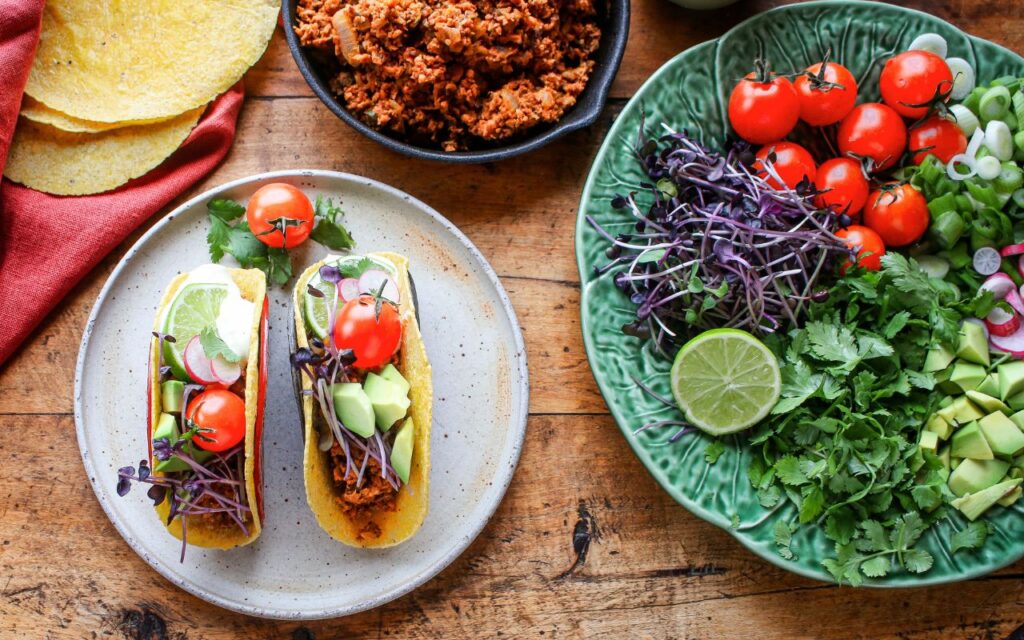
9. Restrict Your Variety of Meals Procuring Journeys
Research present that touring to purchase groceries could also be very impactful within the complete variety of miles meals journey to get to your plate. So attempt limiting the variety of journeys you make, and condense your meals journey journeys to reap the benefits of your location. For instance, if you happen to’re headed to the farmers market, do your entire food-related journeys in that close by location for the week. And do not forget that meals miles—the variety of miles meals travels to get to your plate—is a crucial a part of sustainability, however the manufacturing of meals has a doubtlessly bigger influence on sustainability.

10. Cut back Meat Consumption
Analysis constantly reveals that animal meals—particularly purple meat and dairy—have a a lot bigger carbon and water footprint than plant meals do. That’s as a result of in todays’ fashionable agriculture, we develop crops to feed to animals, that are inefficient convertors of crops into meals. We may lower out the intermediary (animals) and eat these crops instantly. As well as, ruminants produce a considerable amount of methane throughout their lifetimes. Individuals who eat fully plant-based diets can have nearly half the carbon footprint of omnivores. Be taught extra about how one can eat a extra plant-based weight-reduction plan right here.

11. Develop A few of Your Personal Meals
Probably the most sustainable issues you can ever do is to start out a backyard—even beginning with one pot in your patio. No meals miles, no packaging, no fossil fuels, plus the enjoyment of spending time within the soil with dwelling respiration crops underneath the wonderful solar. What could possibly be extra sustainable than that? Take a look at my free residence gardening toolkit right here.
Take a look at the opposite vitamin questions I’m answering at The Plant-Powered Dietitian:
Ask Sharon: Is Oat Milk Good for You?
Is Fats Good For You?
What Are the Variations in Plant-Based mostly Sorts of Diets?
Methods to Get Full Protein in a Plant-Based mostly Weight-reduction plan?
Does Roasting Greens Destroy Vitamins?
Why Do Beans Trigger Gasoline?
What to Put in a Salad To Make it Wholesome?
Extra Instruments for Consuming and Dwelling the Goodness


